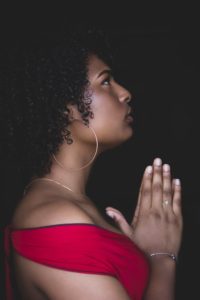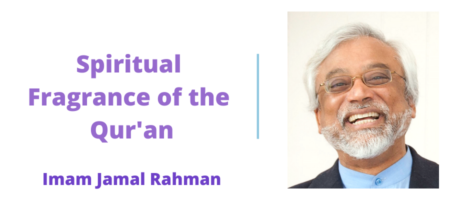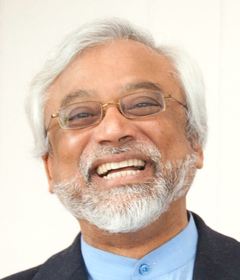By Jamal Rahman
“Bow down in adoration and draw closer to Allah.” (Qur’an 96:19)
“One prostration of prayer to God frees you from a thousand prostrations to your ego.”
(Traditional Islamic Sufi saying)
Several times a day, Muslims bow and prostrate themselves, uttering words of praise and thanksgiving to God. In the final step, in a sitting position, the practitioner turns the head to the right and the left offering greetings of peace to angels who, Muslims believe, rush into spaces where God is worshipped.
The Islamic body prayer, called Salat, is derived from the Prophet Muhammad’s observation of angels in prayer. In a mystical experience described in the Qur’an as the Night Journey, the Prophet ascended seven levels of heaven. In that enchanting ascent, the Prophet saw angels bowing and prostrating to God while expressing praise and gratitude. From this he concluded that true prayer, in imitation of angels, consists essentially of glorifying and thanking God and using the human body to express adoration.
Muslims believe that these series of prostrations, done with humility and sincerity in the course of the day, help us let go of our attachment to ego and bring God into the center of our life.

Over time, the body prayer builds a sense of personal intimacy with God. I love to quote the experience of my friend, Dr. Ann Holmes Redding, a popular Episcopal priest in Seattle who became a Muslim without giving up her Christian tradition. In addition to her Christian practices, Dr. Redding loves to pray in the Islamic tradition because, she says, it makes her feel as though she is on a divine date with God.
A classic story about Mulla Nasruddin illustrates the practicality, majesty, and beauty of body prayers. Imprisoned for life, Mulla is near despair, but he lightens up when he hears that his spiritual teacher has received permission to visit him. Surely his teacher will slip in a concealed weapon or key to help him escape. But when the teacher arrives, all he brings is a prayer rug. Mulla is deeply disappointed and feels the need to escape, not to pray. But since he has time on his hands, he reluctantly does his body prayers, praising and thanking God by rote. He doesn’t mean what he says. However, as he bows and prostrates to God over the days and weeks, he finally notices a special design in the prayer rug. It is the design of an escape route from the prison!

